
By Tim Ferriss | Four Hour Work Week
Dr. Peter Diamandis (@PeterDiamandis) has been named one of “The World’s 50 Greatest Leaders” by Fortune magazine. In the field of innovation, Diamandis is Chairman and CEO of the XPRIZE Foundation, best known for its $10 million Ansari XPRIZE for private spaceflight. Today the XPRIZE leads the world in designing and operating large-scale global competitions to solve market failures.
Peter has been a guest on the podcast twice (once with Tony Robbins, and again solo), and in this guest post, he shares information he’s never discussed before. Specifically, Diamandis looks back at his XPRIZE experience and the strategic decisions that allowed the foundation to become a success.
Peter knows how to think and play big, and he can show you how to do the same. Enjoy!
Enter Peter
The XPRIZE – which launched the private spaceflight industry – was an “overnight success” after 10 years of hard work.
During those 10 years, I recorded a number of “go-to” lessons that I learned and used over and over to help me succeed.
In all, I came up with a list of 28 of those lessons, and they became known as “Peter’s Laws.”
But 9 of them are my favorite, and in this post, I’ll outline them and detail the key takeaways. If you want to learn about all of the lessons, they are highlighted in the book, How To Make A Spaceship, written by Julian Guthrie, with a foreword by Richard Branson and an afterword by Steven Hawking.
One thing is clear from my XPRIZE story: attitude is the ball game. Mindset matters. It’s everything. It might be cliché, but whether you think you can or you can’t—well, you’re right.
Your mindset is more important than anything. It’s even more important than technology or income. I hope that these will clarify your vision and be useful to you.
Rule #1: When given a choice…take both!
Society teaches us that when you’re given a choice, you have to choose one. Why? Why do you have to choose?
But you should be asking, “Why choose?”
All throughout graduate school, I was told, “Go to school or start a company.”
For me, the answer was both. In fact, I started three companies while in grad school. Steve Jobs did the same with Apple and Pixar. Elon Musk is running Tesla and SpaceX; he’s also chairman of SolarCity. And Branson — well, Branson’s Virgin Group has started over 300 Virgin companies and built eight different billion-dollar companies in eight different industries.
So, I challenge you: When someone says choose vanilla or chocolate, say, “I’ll have them both, please.” Multiple projects lead to multiple successes.
Rule #2: “No” simply means begin again at one level higher.
When someone says “no” to your request, often it’s because that person isn’t empowered to say “yes,” and the only person who can say “yes” is the person at the top of the food chain.
This is one of the reasons it took me 10 years to get Zero Gravity Corporation, my commercial parabolic flight company, started. I had to battle an entire FAA bureaucracy that insisted it was not possible to operate large-scale zero-gravity flight operations for the public, despite the fact that NASA had been doing it for 40 years.
Ultimately, because there was some risk, none of the mid-level bureaucrats had the power to say “yes.” At last, my request made it all the way up to the FAA Administrator, an amazing woman who told me, “Of course, you should be able to do this – let’s figure out how.”
Rule #3: Patience is a virtue, but persistence is a blessing.
If I had to name my superpower, it would be persistence – not giving up, even when everyone tells me it isn’t going to work.
My most important successes (companies like the Zero Gravity Corporation, XPRIZE, and Planetary Resources) have taken me 10 years or more to implement.
What good is patience without persistence? Doing anything big and bold in life is hard work, and learning to persist is fundamental to your success.
Another name for this superpower is ‘grit.’ This is your will to keep pushing, iterating, and taking the next step in the face of hardship.
Remember that failure is only inevitable when you give up.
Rule #4: The squeaky wheel gets replaced.
In this age of abundance, where you can access whatever you need, whenever you need it… don’t settle. Demand the best.
It used to be that the supply of talent, technology or treasure (i.e. money) was scarce. That is no longer the case.
If someone or something in your organization is a squeaky wheel, rather than tolerating or greasing them, you’re probably better off finding someone who fits your team’s ethos, vision, and mindset.
Would you rather spend your time with your best performers helping them grow and get even better, or spend time with your squeakiest wheels dealing with their issues?
Your time as a leader is limited – use it to build an incredible team.
Rule #5: The best way to predict the future is to create it yourself.
The future is not written. It’s not preordained. It unfolds as a result of our actions… the choices we make and the risks we take.
This is actually the model for my life. I wanted to predict a future in which there would be private commercial spaceflight, so I launched the $10 million XPRIZE. Private spaceflight simply didn’t exist.
I’ve predicted a future in which we’ll have asteroid mining, so I co-founded Planetary Resources. I want to live a long and healthy life, so I co-founded Human Longevity, Inc.
Ultimately, isn’t this exactly what it means to be an entrepreneur? An entrepreneur clearly envisions the future and becomes so enamored with it that they turn their thoughts into reality and will the future they desire into existence.
Rule #6: An expert opinion is not the final word.
When I announced the XPRIZE, many of the “experts” in the aerospace industry explained to me why I was naive and wouldn’t succeed.
In 1714, when the Longitude Board (composed of the world’s greatest Royal Astronomers) saw a working clock built by watchmaker John Harrison meet all of the requirements of the Longitude Prize, they refused to pay him the purse because they were absolutely sure it would be won by an astronomer.
In a rather perverse twist, an expert is massively disincentivized to promote someone else’s radical and disruptive solution. This is because new inventions that result in wholesale change cause a shift where “experts” can be transformed into “has-beens.”
Some experts are therefore inspired and committed to keeping things exactly the way they are. That’s why it’s important to always think in terms of what can be done.




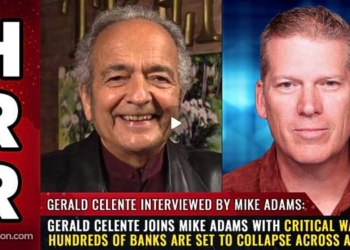
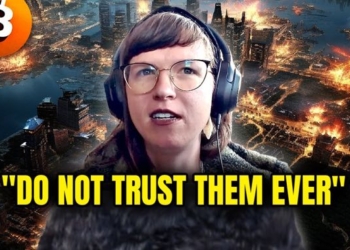

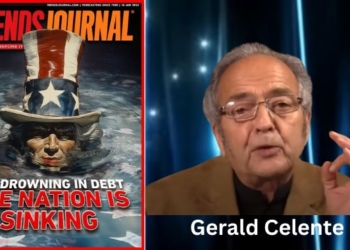
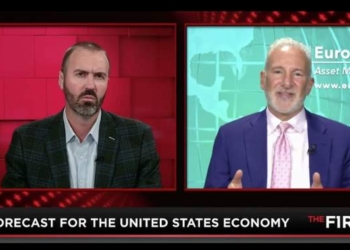
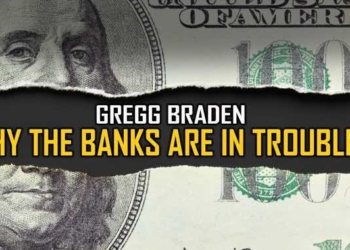




![Everything You Ever Wanted to Know About 9/11 Conspiracy Theory in Under 5 Minutes [VIDEO] | by James Corbett](https://consciouslifenews.com/wp-content/uploads/2018/09/911-a-conspiracy-theory-120x86.jpg)
